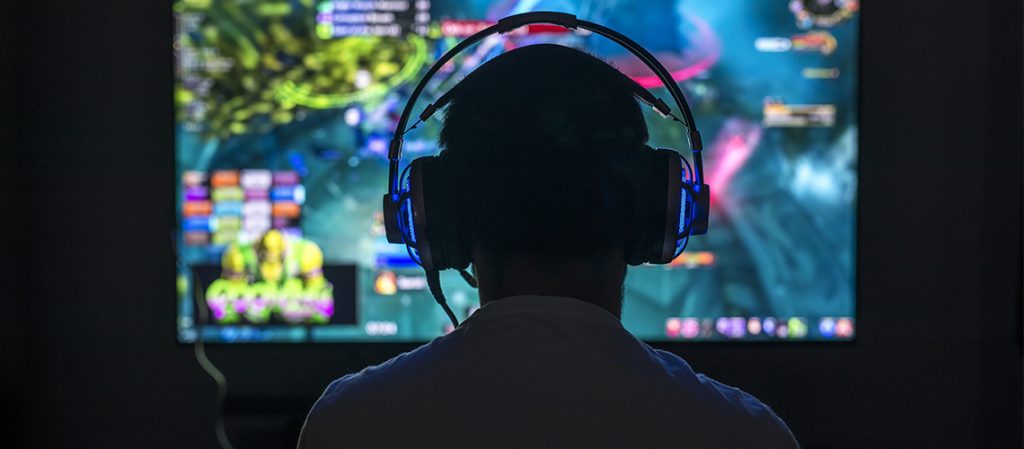

Games are getting bigger and more complex. Think of social games in which thousands of players interact with each other at the same time such as in massive multi player online role-playing games (MMORPGs).
This growth requires many parties in the gaming industry to work together and different types of agreements (commercial contracts) to be concluded. These include license agreements, collaboration agreements, partner agreements or distribution agreements (with agreements on revenues), End User License Agreements (EULA) and Terms of Service (ToS).
Intellectual property rights, including specifically copyright, also play an important role within the gaming industry. Parties want to protect their gaming format, gameplay, story line, characters and know-how. They also want to take action against infringements of the user interface and source code of games. A lawyer with knowledge of the gaming industry is important in such disputes and (complex) proceedings.
E-sports, electronic sports, are also booming. Huge events are set up in which e-sports teams such as Fnatic, Serious Gaming and Team Liquid compete against each other in (international) competitions and tournaments in games such as FIFA, counter strike, league of legends and Starcraft. There are even e-sports federations. Agreements have to be made with event organizers as well as with the publishers of the games.
The Gaming Act regulates the provision of games of chance in the Netherlands. Within a closed licensing system licenses are granted to land based casinos, the Staatsloterij, Goede Doelen loterij, providers of sports betting and horse racing. In order to prevent excessive gambling, parties active in the gambling market are subject to strict regulation. The Gaming Authority (KSA) supervises this. For example, in the area of advertising, licensees are bound by the restrictions contained in the Gaming Advertising Guidelines. The KSA regularly initiates investigations and imposes penalties or fines. These are administrative law procedures.
In 2020, the first licences will be granted for the provision of online games of chance. The Remote Games of Chance Act (an amendment to the Games of Chance Act) makes this possible. This will open up a completely new market. However, the process of obtaining a license from the KSA is complex and extensive. Specialist support is required. The interpretation and explanation of the new rules in lower regulations is also a must in order to be able to enter the online gaming market without problems.
Finally, there are promotional games of chance. Almost every organisation uses them to promote its goods or services. As long as participation in these promotional games of chance is free of charge and the other requirements of the Code of Conduct Promotional Games of Chance are met, a licence is not required. However, if the conditions are not met, the regime of the Games of Chance Act is invoked and a licence is required. Acting in accordance with the Code of Conduct Promotional Games of Chance is therefore important.